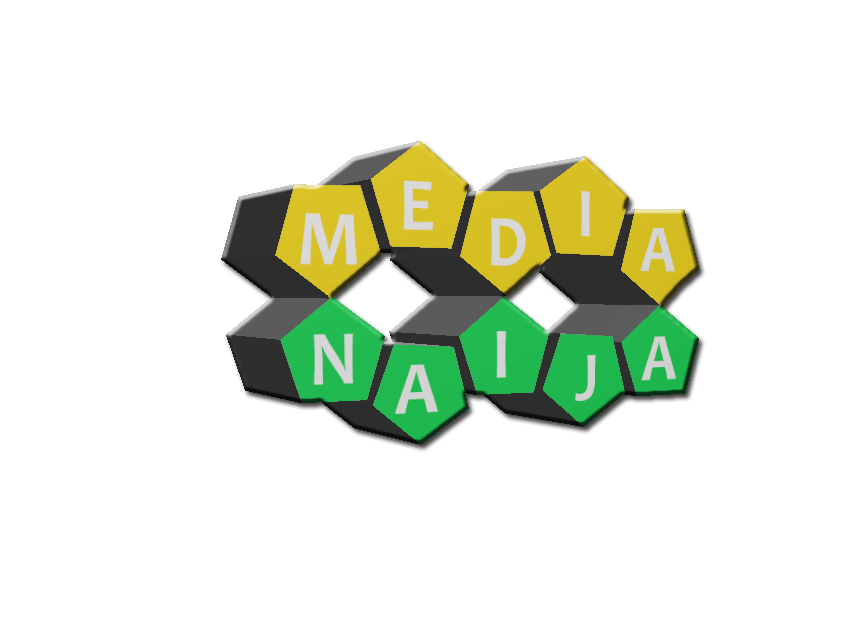We just chase customers all day. Trying to catch 100 different birds at once might lead to catching none, but focusing on one very special kind of bird sharpens your focus. In this article, I’ll show you how to find these special birds (customers) that want to pay and exchange their hard-earned money for your products and services.
If you own a business, run an organization, or even just create content online, the information in this article will be important to you (Just make sure you replace everywhere I wrote ‘customer’ with ‘audience’ if you’re not a business owner).
This simple reason is what motivated me to write this:
When I ask some businesses and startups what their target customer is and they say “Everyone” or “Everybody in Africa”, I just get scared for the future of their marketing. Allow me to explain.
“If everyone is your target, then no one is your target”
Every business should be solving a market need. The point of your business is to be a SOLUTION to an existing problem. If a business can’t place what problem they are solving, it will be impossible to have effective sales and marketing. So after determining this, we can now ask, who are we solving these problems for? And here is how you do that.
Your business is not an exception
No matter how large, ubiquitous and scaled business is, their solution cannot be targeting everyone. Business people need to understand this because it is the root cause of so many marketing failures over time. Even the Apples, Nikes, and Coca-Colas of our industries have specific kinds of people as their targeted consumers so they can’t just say ‘everybody’. Nike’s target customers exclude very low-income earners. The same with Apple. Even Coca-Cola, as ubiquitous as the brand is, do not market their products to Diabetes patients undergoing treatments.
So you see, we must choose to focus on finding who is and who isn’t our target customer because in business and even in life, the ability to know who isn’t right for you is as crucial as knowing who is right for you. You might be thinking, how do you find these people, these target customers, these people who can be considered as qualified leads?
The process
To do that, you need to answer a few questions about them as relating your brand. Here are 10 questions asked during the facilitation of a brand strategy discovery meeting, or in my case, a marketing strategy discovery meeting:
- Who is the ideal person to buy my product/service?
- How old are they?
- Where do they live?
- What do they do for a living?
- How much do they earn?
- Are they male or female?
- What is the biggest pain-point (a problem they will like to solve)?
- How can my product/service help them solve this problem?
- Where can I find them (online and offline)?
- What activities do they engage in?
I could go on and on but you get the point. There are more specific questions you can ask depending on your type of business and what you offer, but if you can answer these, you are well on your way to streamlining the kinds of people that are willing and able to pay you for your product or service. Just keep the questions simple and not more than 20. The most accurate way to get these answers is to study your current customers’ behavior and gather behavioral data or use surveys and questionnaires.
You need to facilitate a discovery workshop in your company where you create the customer journey for your ideal customer and help you provide an optimized customer experience for them. Ensure all functional areas of your business are represented in this meeting; that would include; Operations, Marketing, Sales, Business Development, Product Management, Technology, and any other relevant department depending on your business. These might just look like marketing jargon too you until you see the value of losing one client or customer due to simple resolvable things like these.
Are you well-positioned?
Now that we have an idea of who our ideal customer is, the most important step is to draw up a consumer journey for your target customer. In the next part of this article, you will discover how you can plan out exactly what the role of your business will be at each point of their journey, from hearing about your business to exchanging their hard-earned money for your products and services.
Thanks for spending the time to read, hope you gained some insights? comments will be appreciated.


